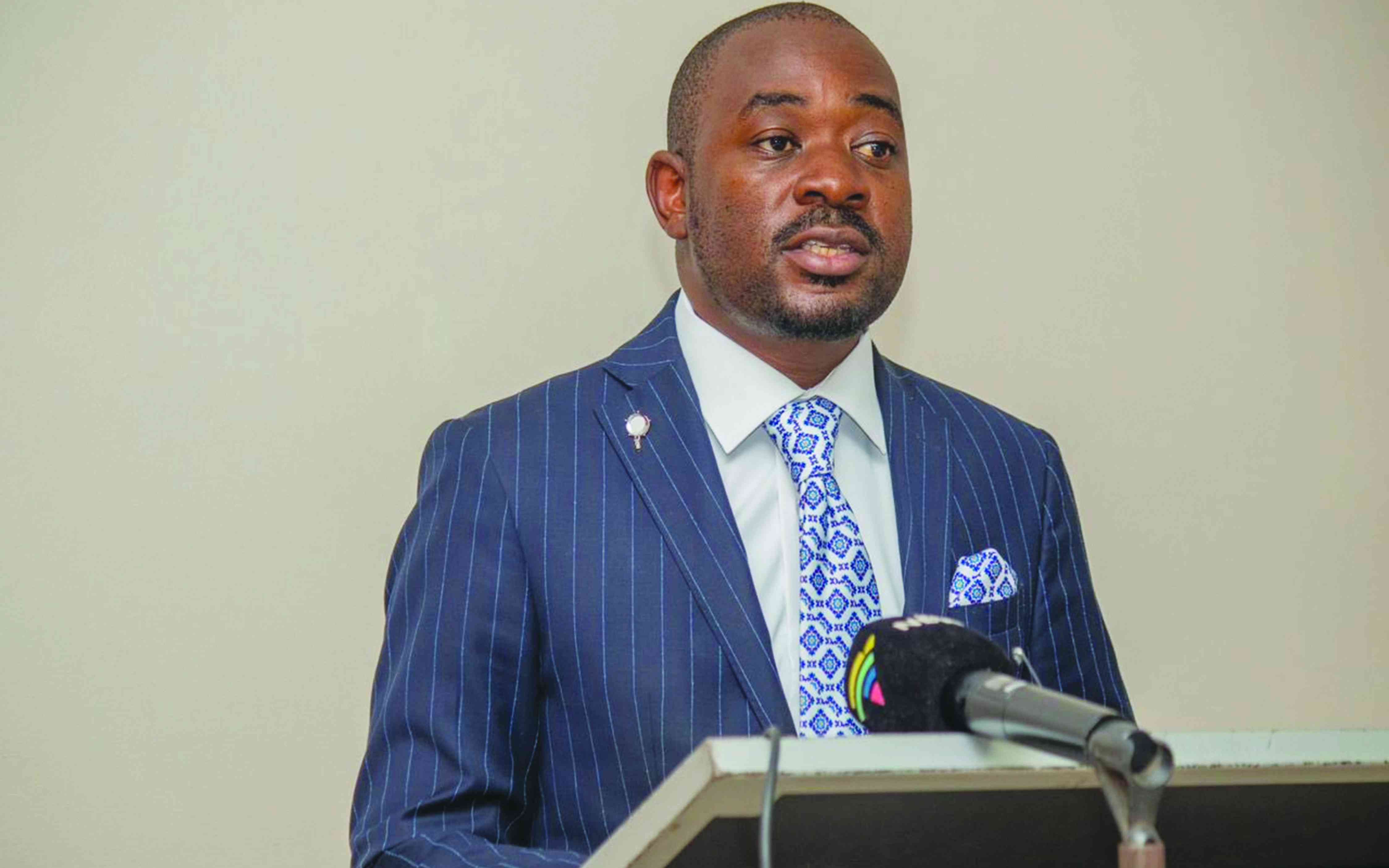
Here is what I have learned over the years: The past cannot be changed, but the future can be be transformed.
Dwelling on years of poor communication only breeds more resentment. What matters is choosing differently starting today. Here are concrete strategies that have helped the couples I work with rebuild their marriages:
Create phone-free sacred spaces
Establish clear, non-negotiable boundaries around technology. No phones during meals. Devices stay out of the bedroom after 9pm.
During designated conversation times, phones go into another room. This single change can dramatically improve the connection. Give your partner the attention you give your screen.
Practice daily 20-minute check-ins
Set aside 20 minutes each day for an uninterrupted conversation. Not about bills or children's homework, that is logistics, not connection.
Ask genuine questions: “How are you really feeling today?”
- Outrage over release of cable-thieving cops
- PR & communications: Seven reasons why internal communications is important
- SA delegation calls for Musina/Beitbridge synergies
- Cops arrested for conning ICT perm sec
Keep Reading
“What’s been weighing on your mind?”
“What do you need from me right now?” Then listen without interrupting, without planning your response, without checking your phone.
I have seen this simple practice transform marriages. Consistency matters more than perfection. Even if you miss days, keep returning to it.
Address issues immediately
Stop letting conflicts pile up. When something bothers you, address it within 24 hours.
Use “I” statements: “I felt hurt when you did not acknowledge my effort” instead of “You never appreciate anything I do.”
Agree to discuss issues calmly without yelling, name-calling, or dragging up every past mistake. Resolve and move forward.
Ban manipulation, choose honesty
Commit to direct, honest communication.
If you need something, ask clearly. If you are upset, say so. Replace guilt trips and silent treatment with vulnerable truth telling.
This requires courage, especially if manipulation has been your pattern for years, but it is essential for rebuilding trust.
Establish two-way communication
If one partner dominates conversations, try this: set a timer for five minutes. One person speaks while the other only listens — no interrupting, no defending, no problem-solving unless requested.
Then switch. The listener's job is to understand, not to respond immediately. Practice saying, “Tell me more about that,” and “Help me understand your perspective.”
Express appreciation daily
Make gratitude a habit. Notice and verbally appreciate what your partner does.
“Thank you for waking up early to prepare breakfast.”
“I appreciate how hard you work to provide for this family.”
“I am proud of how you handled that difficult situation.”
These small acknowledgements build goodwill and remind partners they are valued, not invisible.
Support each other's dreams
Be your spouse’s biggest supporter. Celebrate victories, no matter how small. Provide comfort during difficulties. Show up when it matters.
Ask “How can I support you?” and then actually do it. Your partner should feel that you are their safe place, their advocate, their encouragement.
Build mutual respect
Stop looking down on your partner.
Recognise that different perspectives don’t make one person right and the other wrong. Value their viewpoint even when you disagree.
Speak to and about your spouse with respect, both in private and in public. If contempt has crept into your marriage, consciously replace critical thoughts with appreciation for their strengths.
Seek professional
This is crucial: do not wait until your marriage is in crisis to seek help.
Social workers, marriage counsellors, pastors trained in family counselling, and therapists provide valuable tools and an outside perspective.
Many community organisations and churches offer affordable or even free counselling services.
In our culture, there is sometimes shame around admitting marital problems or seeking outside help.
We think it means we have failed. But I have seen countless marriages rescued from the brink through professional intervention.
Seeking help is a sign of strength and commitment, not weakness. It shows you value your marriage enough to fight for it.
Communicate thoroughly
If you are living apart, you cannot afford sporadic, surface level communication. Schedule regular video calls — not just quick check-ins about money and logistics, but meaningful conversations about feelings, challenges, dreams, and daily life.
Share photos and voice notes throughout the day to stay connected to each other's reality.
Be vulnerable about the difficulties of separation.
Discuss temptations, loneliness, and struggles openly. Make plans for when you will be together and keep those promises. Long-distance marriages require even more communication effort than traditional ones because physical presence cannot compensate for poor dialogue.
Commit to moving forward
The past is done. What matters now is your choice to change.
Forgive past communication failures — both your partner's and your own.
Holding onto old hurts while trying to build something new is like trying to drive forward while looking in the rear-view mirror. Focus all your energy on building better patterns starting today.
Every moment is a fresh opportunity to choose connection over distance, honesty over manipulation, and appreciation over criticism.
The path forward
Over the years, I have learned communication breakdown does not happen because couples lack words — it happens because they stop choosing connection. Phones become more interesting than partners.
Pride becomes more important than resolution. Fear becomes stronger than vulnerability. Busyness becomes an excuse for neglect.
But I have also learned that these patterns can be broken.
I have witnessed marriages on the brink of divorce transformed when both partners committed to rebuilding communication. It requires consistent effort, humility, and often outside help, but it is possible.
Your marriage does not have to become another statistic.
The intimacy and partnership you desire are achievable. Start today with one small change. Put down your phone during dinner.
Express genuine appreciation for something your partner did. Ask a real question and truly listen to the answer.
If communication has been broken for years, rebuilding will feel awkward. Push through that discomfort.
Seek help from counsellors, social workers, or trusted mentors who can guide the process. Many marriages have been rescued through professional intervention and committed effort from both partners.
The question is not whether marriages need communication to survive — they absolutely do.
The question is whether you are willing to do the sometimes-difficult work of opening up, speaking honestly, listening genuinely, and choosing connection daily.
Do not let silence kill your marriage. Break the destructive patterns today. Your relationship, your family, and your future are worth fighting for.
Dzingai is a social scientist. — [email protected]. These weekly New Horizon articles, published in the Zimbabwe Independent, are coordinated by Lovemore Kadenge, an independent consultant, managing consultant of Zawale Consultants (Pvt) Ltd, past president of the Zimbabwe Economics Society and past president of the Chartered Governance & Accountancy in Zimbabwe (CGI Zimbabwe). — [email protected] or mobile: +263 772 382 852.











